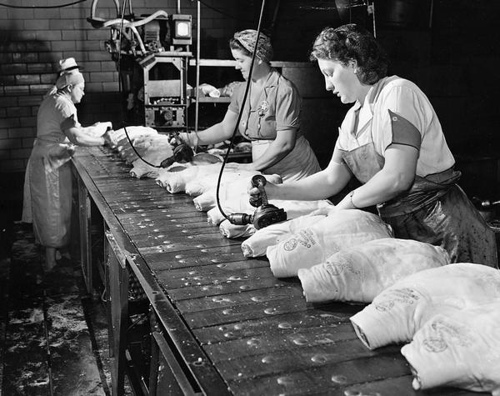A philosopher once said this: “It doesn’t take much to see that the problems of three little people don’t amount to a hill of beans in this crazy world.” Something more troubling than being lost in the sweep of time, in being an infinitesimally small piece of a larger plan, however, is if there’s not plan at all. The opening of Michael Ruse’s Aeon essay, “Does Life Have a Purpose?”:
“Aristotle, Plato’s student, didn’t want God in the business of biology like this. He believed in a God, but not one that cared about the universe and its inhabitants. (Rather like some junior members of my family, this God spent Its time thinking mostly of Its own importance.) However, Aristotle was very interested in final causes, and argued that all living things contain forces that direct them towards their goal. These life forces operate in the here and now, yet in some sense they have the future in mind. They animate the acorn in order that it might turn into an oak, and likewise for other living things. Like Plato, Aristotle used the metaphor of design but unlike Plato he wanted to keep any supervisory, conscious intelligence out of the game.
All of this came crashing down during the Scientific Revolution of the 16th and 17th centuries. For both Plato and Aristotle, the question of final causes had applied to physical phenomena — the stars, for example — as much as to biological phenomena. Both thought of objects as being rather like organisms. Why does the stone fall? Because being made of the element earth it wants to find its proper place, namely as close to the centre of the Earth as possible. It falls in order to achieve its right end: it wants to fall.
Now, however, the governing metaphors of nature changed. No longer did scientists think in terms of organisms: they thought in terms of machines. The world, the universe, is like a gigantic clock. As the 17th-century French philosopher-scientist René Descartes insisted, the human body is nothing but an intricate machine. The heart is like a pump, and the arms and legs are a system of levers and pulleys and so forth. The 17th-century English chemist and philosopher Robert Boyle realised that as soon as you start to think in the mechanical fashion, then talking about ends and purposes really isn’t very helpful. A planet goes round and round the Sun; you want to know the mechanism by which it happens, not to imagine some higher purpose for it. In the same way, when you look at a clock you want to know what makes the hands go round the dial — you want the proximate causes.
But surely machines have purposes just as much as organisms do?”
Tags: Michael Ruse

